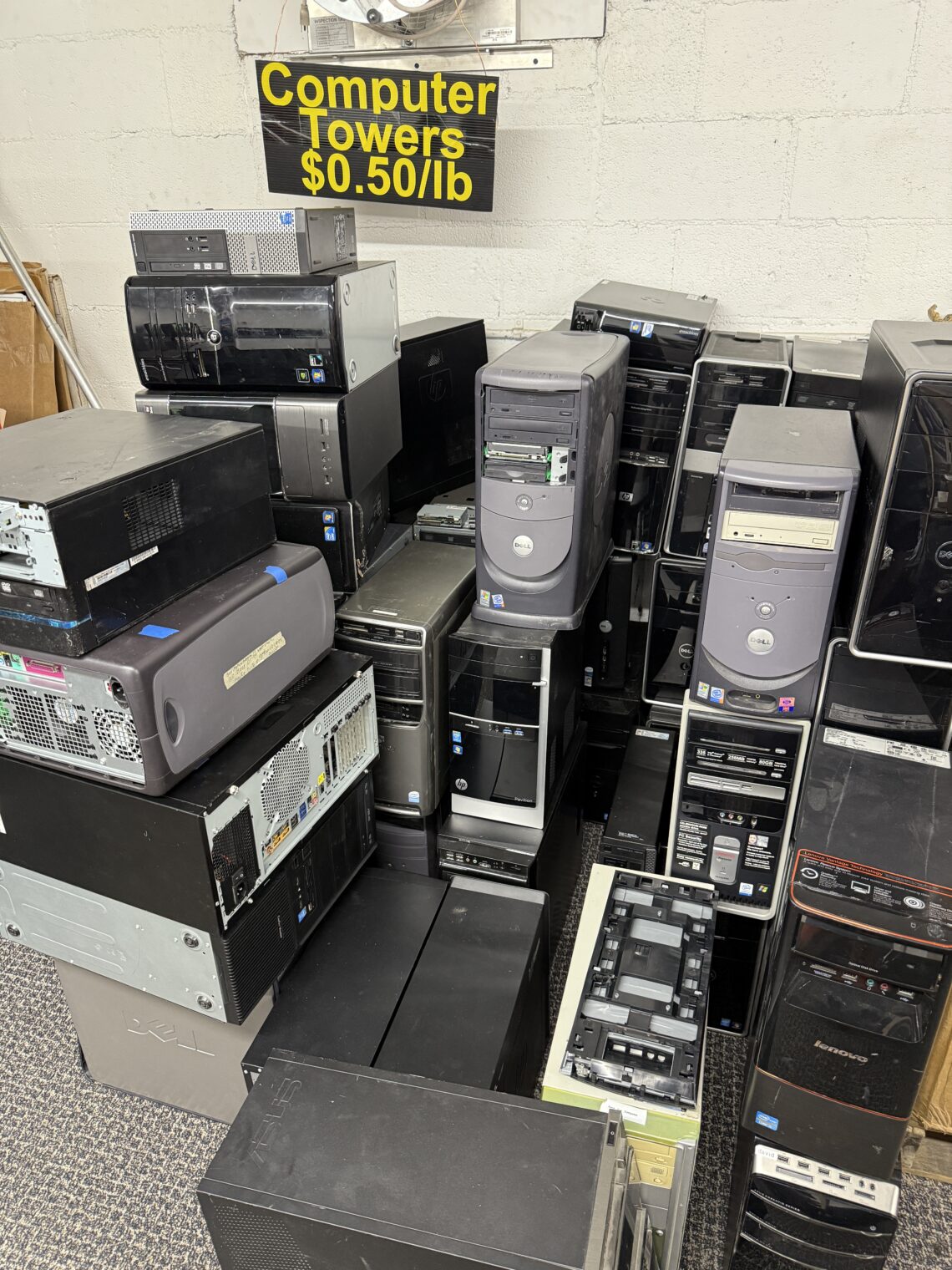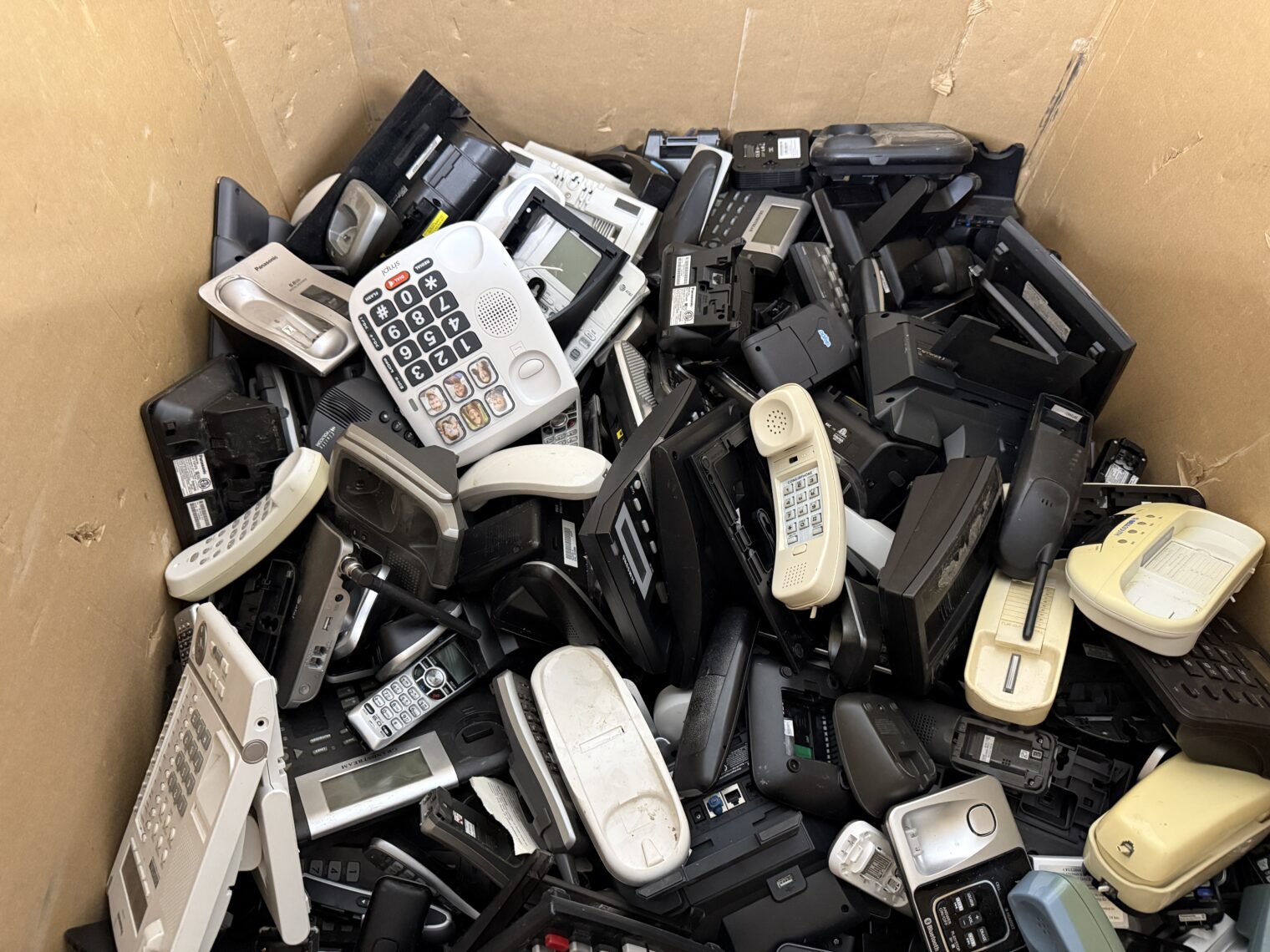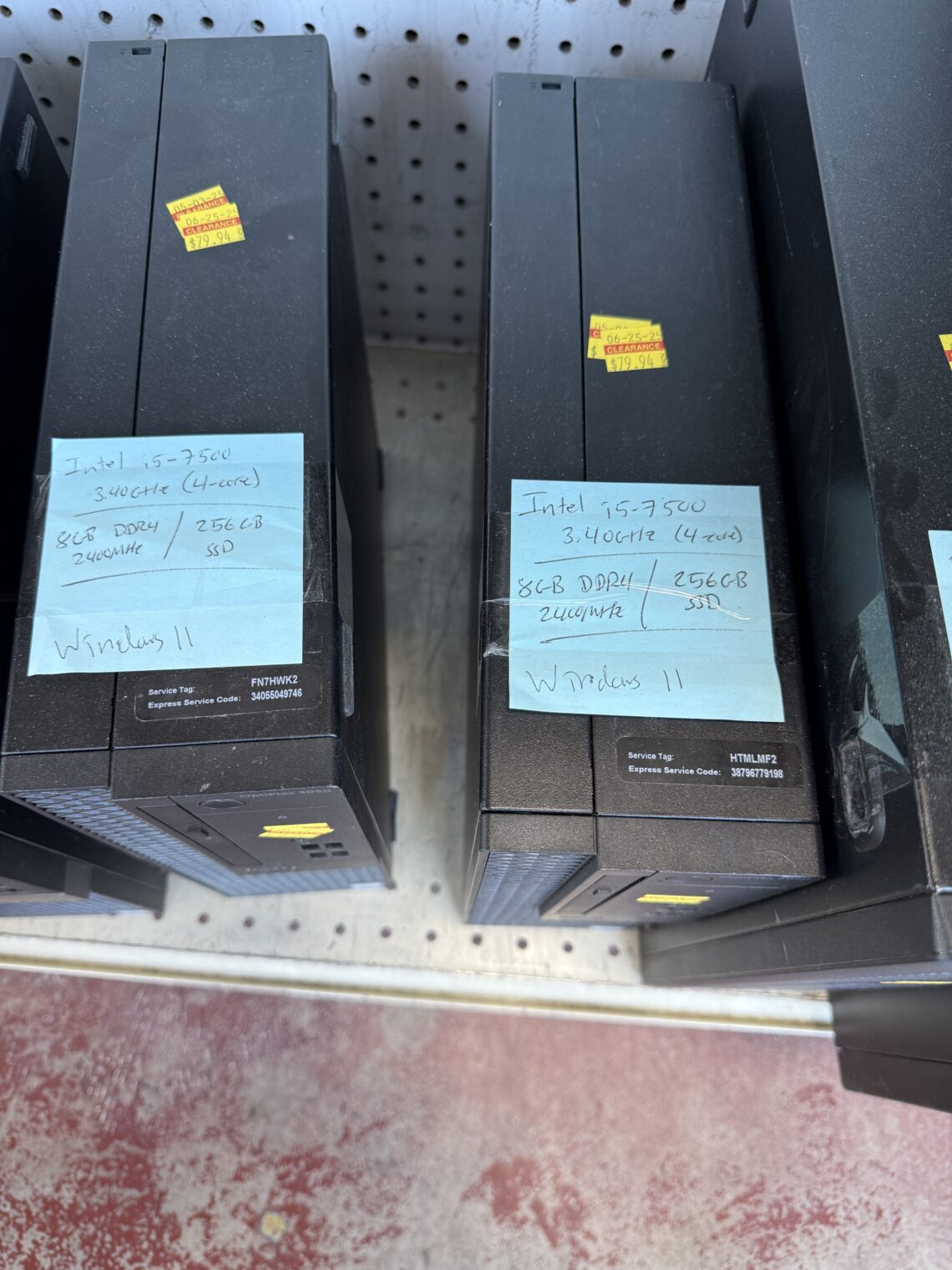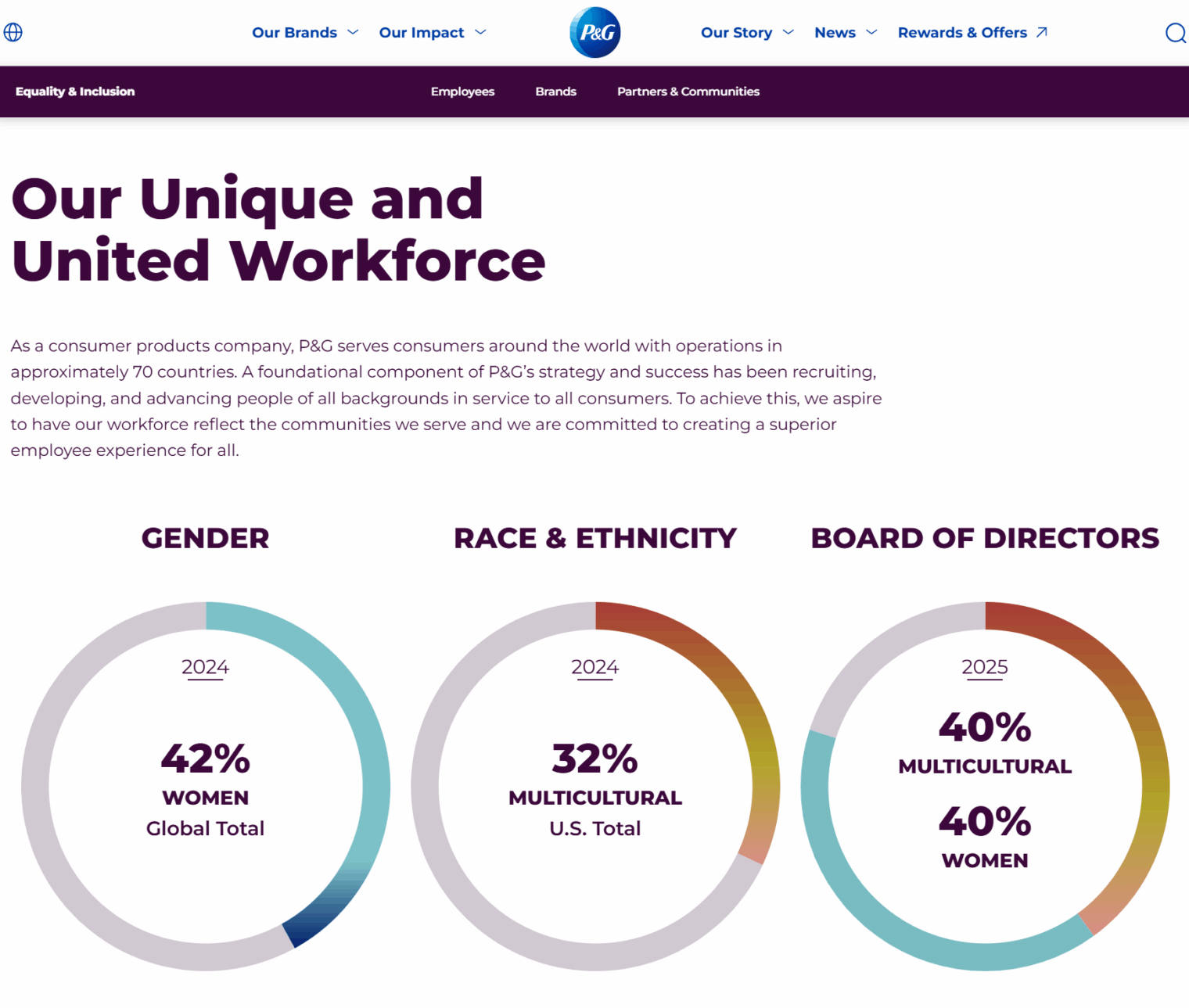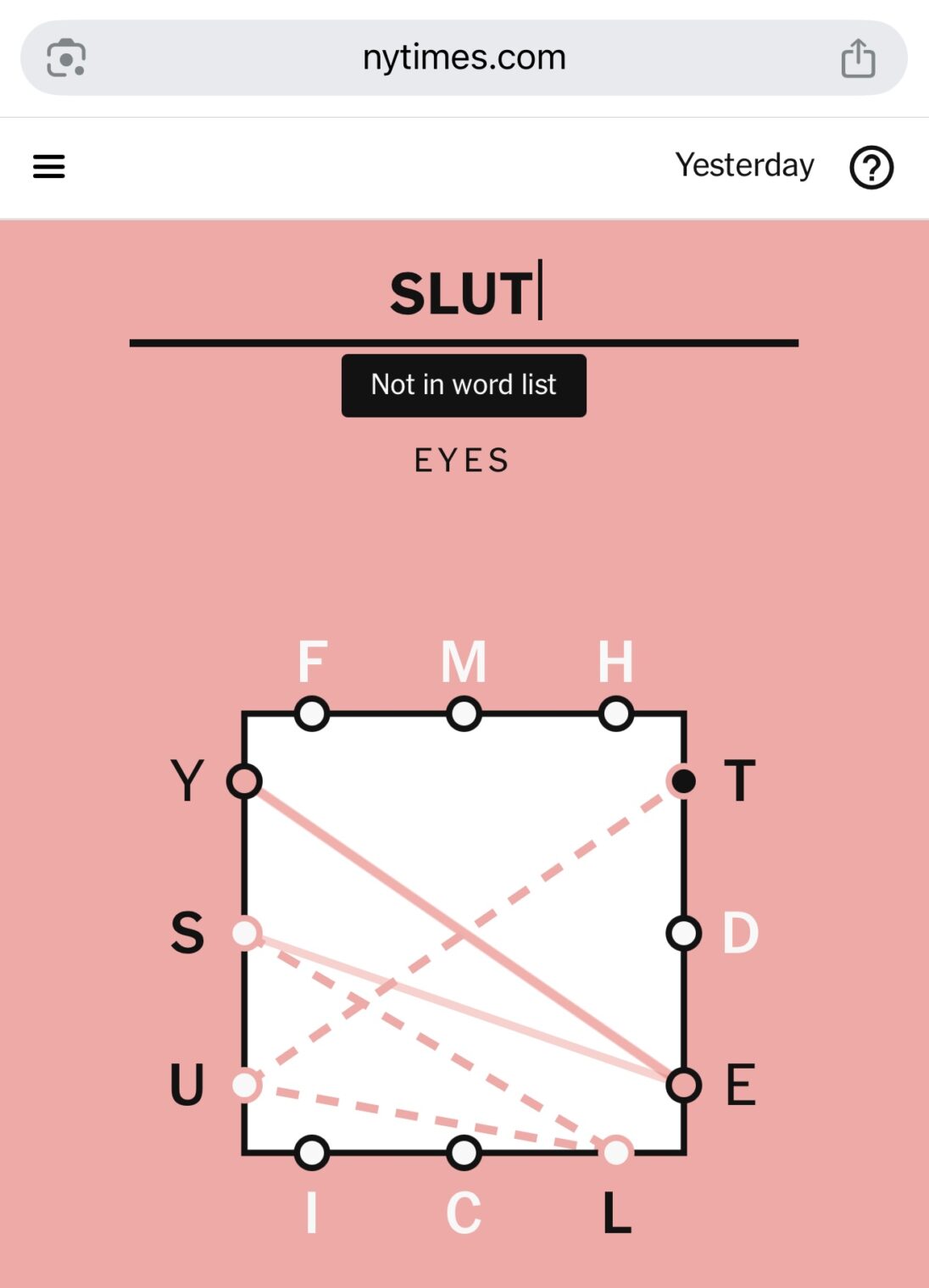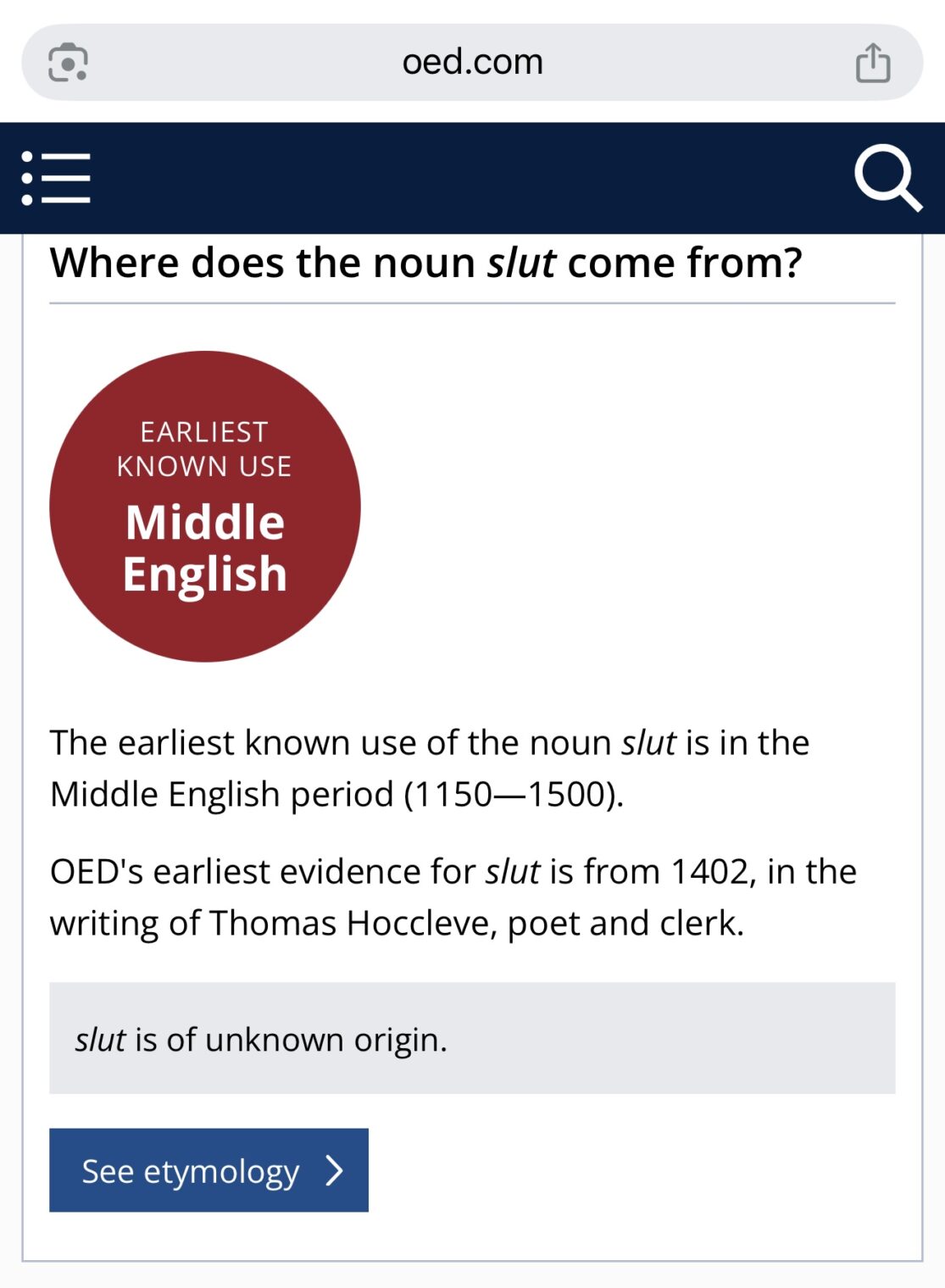Happy Independence Day for those who celebrate our traitorous rebellion against legitimate British rule and a total tax burden of 2 percent of income, not a penny of which the British ever spent outside of North America (the Brits spent a huge amount of treasure defending the white immigrants from Native Americans who objected to being replaced via white immigration).
Since a country is defined primarily by its people, let’s take a look at two perspectives on low-skill immigration today. Both perspectives are from the same newspaper, one from when Joe Biden was still running for reelection on the basis of what the media reported to be his perfectly sharp mind. The second is a recent piece, published during the Trump Dictatorship v2.0.
June 2024, Wall Street Journal:
Immigration Is Behind the Strong U.S. Economy
The U.S. population is aging, and millions of baby boomers retire each year. We can expect that absent immigration, we would have a decreasing working-age population and shrinking employment for decades to come—especially considering the low fertility rate. … immigrants help the economy in a few other ways. First, immigrants are more likely to be of working age than their U.S.-born counterparts, so they can help support American retirees through their labor and taxes. Second, immigrants bring innovation that helps the economy grow.
June 2025, Wall Street Journal:
Social Security’s Potential Insolvency Date Moves Up One Year
With an aging U.S. population and a smaller share of American workers who pay into it, Social Security could become unable to pay full retirement and disability benefits in 2034, one year earlier than reported last year, the program’s trustees said Wednesday. … The report also said that Medicare’s hospital-insurance trust fund would be able to pay 100% of benefits until 2033, three years earlier than projected in last year’s report. At that stage, the fund’s reserves would be depleted and the income going into the program would be able to pay 89% of total scheduled benefits.
We had four years of open borders under the Biden/Harris/WhoeverWasActuallyInCharge administration and at least 10 million migrants who enriched us economically as well as culturally. We had SARS-CoV-2, a virus that killed nearly 1 million over-65 Americans who were, according to #Science, otherwise in perfect health and would have been collecting Social Security and Medicare for 10 additional years. Despite these massive tailwinds, Social Security and Medicare are running out of money faster than expected?
I wonder if this changes the calculation of the optimum time to begin drawing on Social Security. Traditionally, healthy people are told to wait until age 70, three years beyond Full Retirement Age (67 for those born in 1960 or later), in order to maximize the payout. But if benefits are likely to be cut in 2034, it might be smarter for a 67-year-old in 2025 to begin taking Social Security right now.
See also “Immigration does not solve population decline” (Aporia):
The thing is: immigrants age too. This means that while immigration can definitely reverse population decline, it can’t do much for population aging. Assuming immigrant age-structure and fertility remain constant, the difference in the working-age share of the population in 2060 between zero net migration and 2019 levels of migration in the United States is… 2% (57% vs 59%).
The good news for those who believe that working age migrants will solve all of our fiscal problems: “Kilmar Abrego Garcia brought back to US, appears in court on charges of smuggling migrants” (ABC). Also “Ohio man hid horrific role in 1994 Rwanda genocide to enter US, arrested after years on the run: DOJ” (New York Post). Imagine the taxes that Vincent Nzigiyimfura, admitted to the U.S. at age 49 and currently aged 65, will be paying after he serves the 30 years in prison that our wise government overlords are currently attempt to impose on him.
Loosely related, residents of Westfield, Maskachusetts who appear to have a personal stake in Social Security benefit levels hold a whites-only “No Kings” protest:
Also, it is never appropriate to conduct a fiscal analysis when considering immigration. If you’re not a hater you have to support open borders. Sticker on a mailbox outside a coffee shop in Boise, Idaho, yesterday:
Love has no borders.
Full post, including comments 